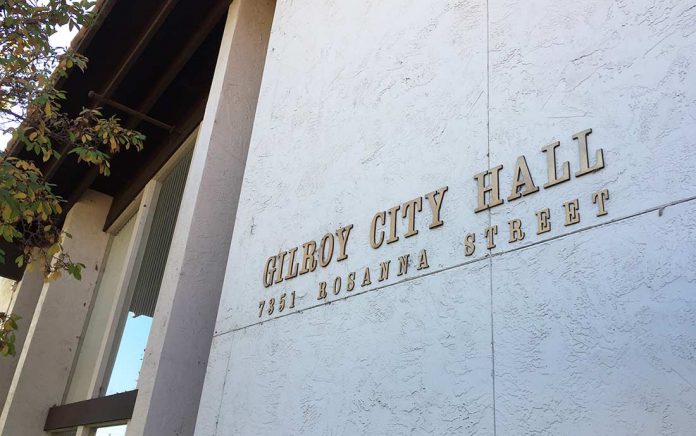The Gilroy City Council continued its discussion May 18 on the city’s declining revenue due to Covid-19 as it prepares for possible cuts in June.
Interim City Administrator Jimmy Forbis said city departments are looking at ways to reduce costs through operational and workforce reductions to address the ongoing revenue shortfall.
Across its various revenue sources, the city is anticipated to be short $11.3 million over two years, according to interim finance director Bryce Atkins, primarily due to a drastic decrease in sales tax revenue. The city expects to lose 30 percent of its sales tax revenue, or roughly $3 million, this year, according to Atkins. The following year, a nearly $2 million shortfall is anticipated.
Atkins presented a list of projects to the council that could be delayed to save the city $7.1 million. Those include postponing the Glen Loma Fire Station, Sports Park expansion and a downtown parking lot to a “future year.”
However, Mayor Roland Velasco said he would rather keep the $1.5 million for a parking lot proposed at the corner of Seventh and Eigleberry streets on the books.
“We have this immediate need to resolve our budget problems, but we also know from past experience that in downtown, parking is a problem,” he said.
Most council members expressed their support for keeping the parking lot funds.
“We have 60,000 new square footage coming online soon for downtown,” said Councilmember Carol Marques. “We really need to have that parking lot if we want to have our citizens going downtown. We need to think of this as a return on our investment.”
In a letter to the council, Toni Bowles, owner of the nearby Neon Exchange, said she has seen the need for parking, especially when her business and the neighboring Gallery 1202 host special events.
“While it will be difficult for small businesses to get back on their feet again post-pandemic, it will be even more difficult to attract patrons when the parking availability is so poor downtown,” she wrote.
The council is expected to adopt a budget plan at either its June 1 or June 15 meeting, with implementation in July.
“This one-time money is OK, but it does not fix long-term,” Forbis said. “Time is of the essence so we don’t burn through our reserves.”












